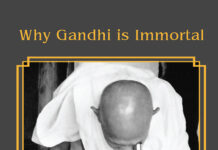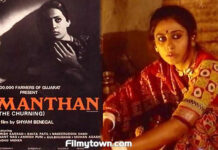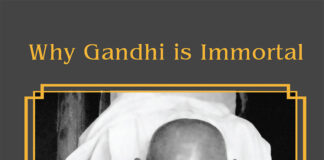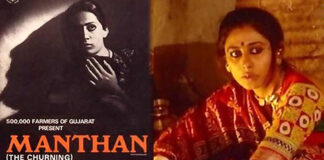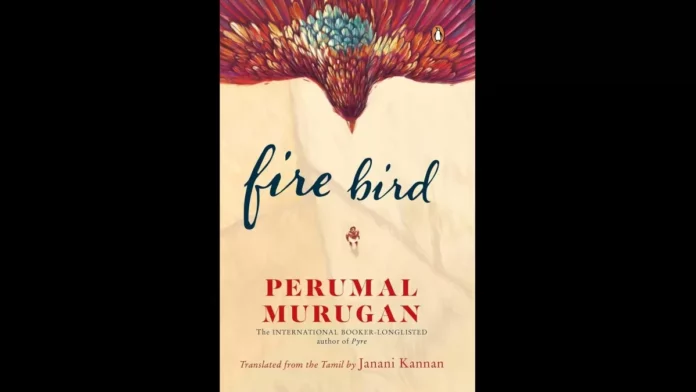
Perumal Murugan’s Firebird : A Farmer’s Search for Permanence
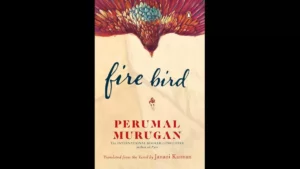
Name of Book: Fire Bird
Author: Perumal Murugan
Translator: Janani Kannan
Publisher: Penguin
Year: 2023
Fire Bird is a story about a farming family and therefore necessarily revolves around land and labour. Muthu, the youngest son inherits the smallest piece of infertile piece after the ancestral land is partitioned. The partition of the land is related to the changes in family relation. The parents and elder brothers who used to pour their love on Muthu now treat him with neglect, disgust and cruelty. The sharing of common resources is replaced by commercial considerations as the brothers try to negotiate water rights to irrigate the land.
Muthu’s wife Peruma is symbolised by the ‘aaland patchi’ or Fire Bird. Her mother-in-law calls her a fire bird because of her sharp tongue, but it is also a positive symbol of resilience and survival. She is molested by Muthu’s eldest brother and steadfastly refuses to return to her in-law’s house, thereby sending Muthu to search for new land. Peruma’s wrath shakes Muthu into action.
Much of the novel revolves around Muthu’s travels on a bullock cart with his Man Friday Kuppan in search of land. He does end up buying a piece of land in a distant village which has strange almost sinister characters. The land too is unbroken land and demands much hard labour. Once Muthu and Kuppan complete the deal, they are joined by Muthu’s daughter Rosa and an old woman Paati and together they work on the land. Muthu also taps and sells toddy – there is a diversion in which the author takes us to the past in which the young Muthu is left by his father with a family of toddy tappers to learn the skill of toddy tapping. There are altercations with the villagers but Muthu manages to survive. The old woman, however, is bitten by a scorpion and the novel ends with her imminent death.
As in all of Murugan’s books, Fire Bird too recreates the quintessence of rural Indian society before the reader’s eyes. One can see the landscape changing, the rural fairs, the cattle, the village elders and ruffians. Like the ancient Indian tales, there are stories within stories that offer a peep into the age-old beliefs. Murugan touches upon a plethora of themes from caste relations to sexual violence, village superstitions to the survival instinct in pioneers – the canvas is as wide as one can imagine. The vastness of the canvas lifts the novel from being limited to small local concerns to a work with universal resonance.
And yet the novel fails to satisfy on a few counts. Firstly, one is left thirsting to see more of Peruma. She is left at her parents’ home as Muthu sets out to find the new land, but she does not join him in the new place. Why is the beautiful fire bird Peruma abandoned after a few pages and never seen again? Peruma is a character that had great promises, but Murugan failed to realise her full potential. The absence of Peruma in the new land does create a very disturbing symbol – the replacement of a vibrant, youthful energy of Peruma with the infantile innocence of Rosa and the spent-out, deathly presence of Paati.
Secondly, the plot is inexplicable in some places. For instance, it is not clear why the ancestral land was suddenly partitioned out of the blue – no reason is given for it. It is also not clear why Peruma who was so active in the old family land and who was instrumental in sending off her husband in search of new land does not join him in the new land. The fact that Muthu is adept at toddy-tapping and in fact indulges in illicit liquor selling is introduced rather suddenly and not pursued much further. A side character Subbukodukkan is introduced as someone everyone in the vicinity is afraid of, but he never comes face to face either with Kuppan or Muthu and one wonders why he was introduced at all.
Kudos to Janani Kannan for doing an excellent translation of a difficult book. A few times the use of original words gets in the way – for instance the use of ‘da’ and ‘nga’ at the end of sentences. Overall, Fire Bird is an emotionally powerful book that forces us to sympathise with the young farmer and his search for permanence and fulfilment. Muthu symbolises the predicament of the farming community of India, whose life is a story continuous struggle to overcome grave obstructions. Although placed in a milieu that is several decades in the past, the story remains relevant to the present day. One has to thank Janani Kannan for bringing this novel to English readers.
- Paromita Goswami
